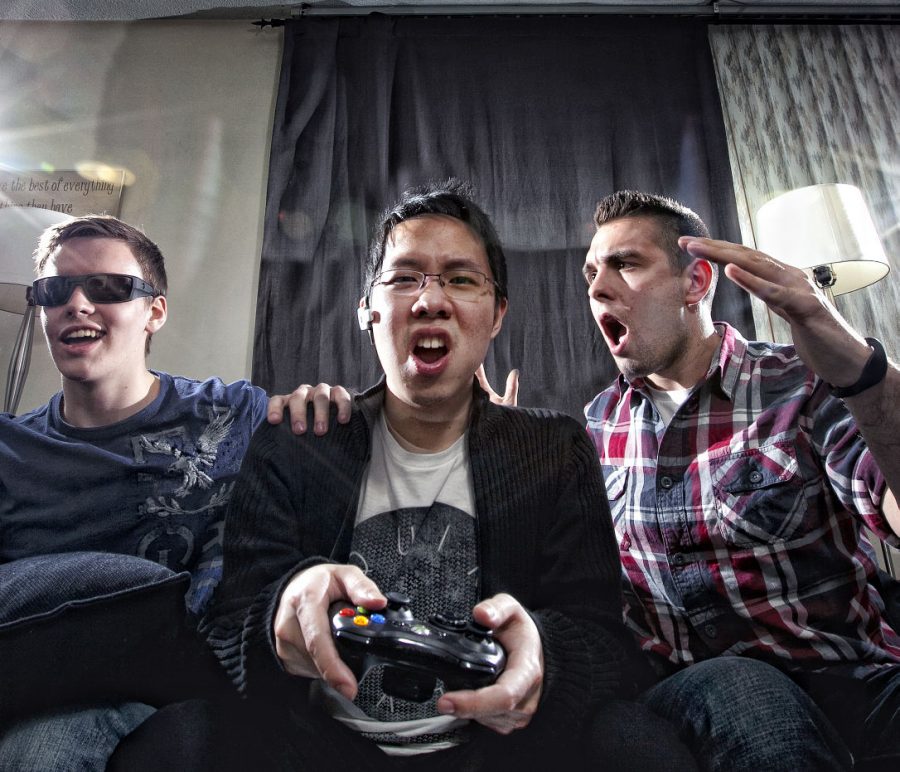eSports, professional gaming can be considered real sport
Some argue that eSports should not be called a sport at all, citing that there is not enough physical activity involved in gaming to make it a true sport.
Professional gaming, also known as eSports, has taken a large leap in the past decade and pushed boundaries of what was once thought to be a pastime.
Games like “StarCraft,” “Defense of the Ancients,” “League of Legends” and “Call of Duty” have sparked a new form of organized video game competitions.
This has led to the formation of sponsors, commentators, and loyal fans in large amounts to support players in person and online.
Some argue that eSports should not be called a sport at all, citing that there is not enough physical activity involved in gaming to make it a true sport.
According to the Merriam Webster dictionary, the definition of sport is as follows: “A contest or game in which people do certain physical activities according to a specific set of rules and compete against each other.”
Most eSport games already meet these criteria.
Additionally, organizations like Major League Gaming take it one step further by creating tournaments with sets of rules that normal players can participate in, win prizes and gain popularity.
While the physical aspect of gaming is not as intense as football, soccer or other athletic sports, it certainly is there.
The rapid movements and fine motor control it takes to navigate, maneuver and eliminate opponents still involves the brain triggering electrical impulses to move external corporeal components.
Although the movement is not as extreme when compared to traditional sports, there is no principle difference between a quarterback making a pass, a pitcher throwing a strike, or an eSports player completing a combo.
All involve similar subconscious impulses from the brain.
Organized competition falls under the World Series’ jurisdiction, such as the “League of Legends” Championship Series or “Defense of the Ancients” International Championship, which holds contests to determine the team best eligible to represent a region.
The regional representatives then go on to challenge other regions.
Winning a game in a world series is considered the highest level of recognition in eSports, particularly in the battle arena style games.
Playing in eSports is very much a team effort, whether it is a first-person shooter, battle arena or a real-time strategy game.
A professional player will spend most of his or her waking hours practicing strategies, constructing gear sets and working on communication with teammates.
Practice is what separates professional players from those who play as an avocation.
Some eSports are a solo effort, but the majority of those in the public space are team oriented.
eSports has everything it needs to be classified as a sport: organized rulings, team-based competitions and physical involvement.
In very little time, eSports has exploded from a leisure activity into a professional, multi-million dollar industry backed by organizations and corporate sponsorships.







